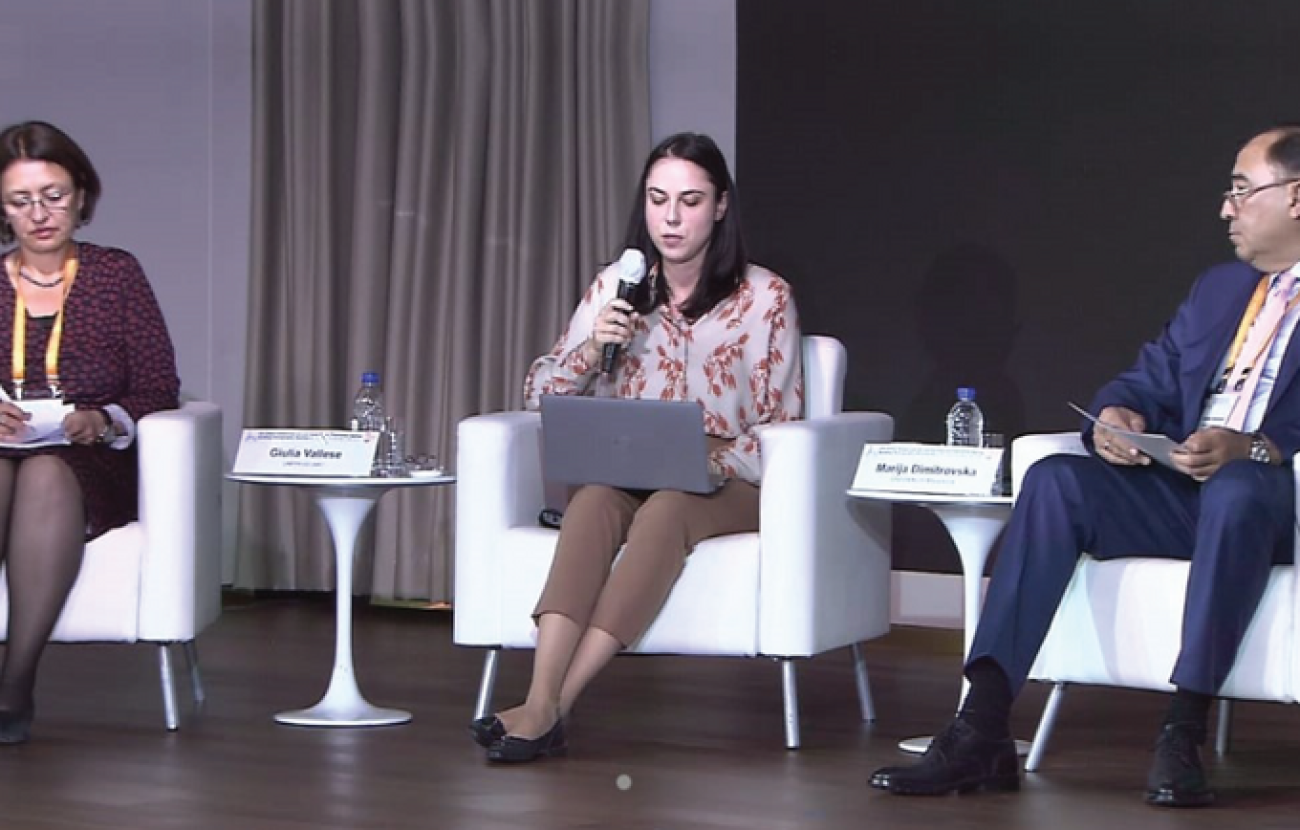November 9, 2022
Seoul, South Korea
“The unpredictable future makes young couples reconsider whether to have a family,” said today in Seoul, Arbana Pasholi, member of the Assembly of the Republic of North Macedonia, within the Global Symposium on Aging and Low Fertility, during the session dedicated to gender, rights and choices from the perspective of population policies, organized by the United Nations Population Fund (UNFPA) and Statistics Korea.
The representative of the national delegation spoke within the discussions about the countries' best measures to help families have the desired number of children, whether and how much fertility has a limited success in population trends, about the role of gender-friendly and transformative policies, etc.
“The majority of young people in North Macedonia see their future abroad,” said Marija Dimitrovska, representative of the UNFPA Office in North Macedonia at the panel dedicated to migrations and mobility. She added that the UNFPA supports the State Statistical Office and the Government of the Republic of North Macedonia in these policies, especially after the recent census in the country.
The Symposium on Aging and Low Fertility was held in the presence of 150 parliamentarians, ministers and policy makers, including from the Republic of North Macedonia, as well as from the UN, academic circles and NGOs, and national bodies of countries around the world that are responsible for the Sustainable Development Goals (SDGs) framework.
The event emphasizes the concept of demographic resilience with a focus on generating political support for the vision regarding demographic changes, based on evidence and protection of human rights and identification of key conditions, opportunities and solutions for the demographic crisis and improving demographic resilience.
